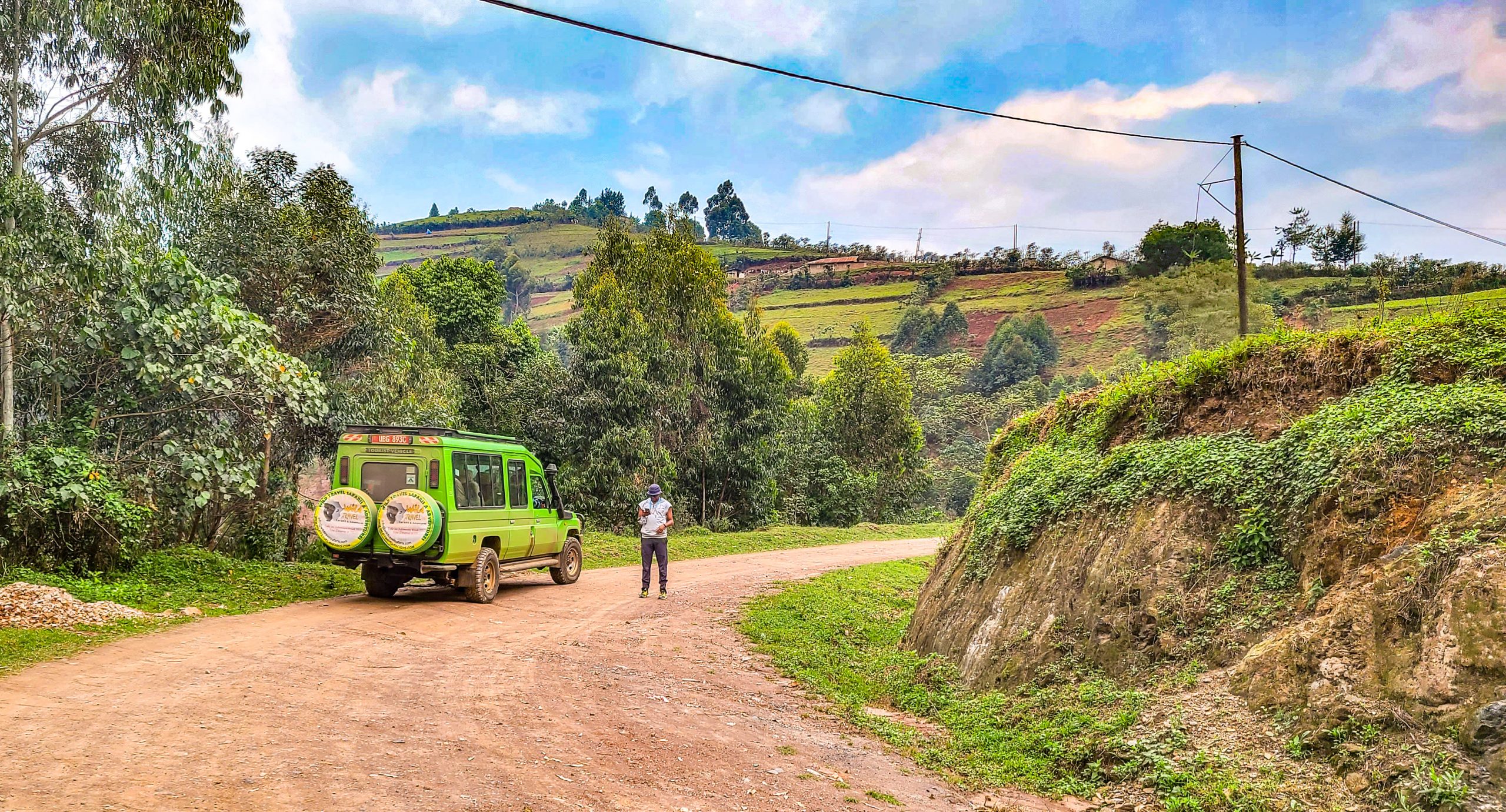Traveling to rural areas offers a unique opportunity to experience life away from the hustle and bustle of city life. Whether you’re heading to a remote village, exploring nature reserves, or discovering hidden gems in the countryside, proper preparation is key to ensuring a smooth and enjoyable trip. Here are the essential items you should pack and tips for making your rural travel experience both safe and memorable.

1. Reliable Footwear
When traveling to rural areas, you’re likely to encounter uneven terrain, muddy paths, or long hiking trails. A sturdy pair of hiking boots or waterproof shoes is essential to keep your feet comfortable and protected. Make sure your shoes are broken in before your trip to avoid blisters, and consider packing an extra pair of comfortable shoes for when you’re not trekking through the wild.
2. Navigation Tools
Rural areas often lack reliable GPS signals or clear signposts, making navigation challenging. While smartphones can be helpful, always carry a backup like a paper map or offline navigation apps. If you’re heading into the wilderness, a compass or portable GPS device can help you stay on track. In case you get lost, make sure to have a local contact or guide who can assist you if necessary.
3. Travel Insurance
Accidents or unexpected situations can happen when traveling off the beaten path. It’s highly recommended to invest in comprehensive travel insurance that covers medical emergencies, trip cancellations, and lost or damaged items. Check that your policy includes coverage for rural or adventure-based activities such as hiking, kayaking, or wildlife safaris.

4. First Aid Kit
A well-stocked first aid kit is crucial when venturing into remote areas where medical help may not be easily accessible. Include essentials such as bandages, antiseptic wipes, pain relievers, tweezers, insect repellent, and any personal medications you need. Don’t forget to pack sunburn relief, allergy medications, and anti-diarrheal tablets, as rural areas can sometimes lack immediate access to pharmacies.
5. Power Bank & Portable Charger
Access to electricity in rural areas may be limited, especially in remote villages or while camping. A portable power bank or solar-powered charger is essential to keep your devices charged, especially for important communications or emergency situations. Be sure to pack extra charging cables for all your electronics.
6. Water Bottle & Water Purification System
Staying hydrated is crucial when exploring rural areas, and depending on where you are, fresh drinking water may not always be readily available. Bring a reusable water bottle and consider packing a portable water purification system (like a filter or purification tablets) to ensure you have access to safe drinking water.
7. Light Luggage
Packing light is important when traveling to rural destinations where access to laundry services, shops, or transport may be limited. Choose versatile clothing that can be layered, and avoid packing unnecessary items. Stick to the basics: comfortable clothing, a lightweight jacket, and appropriate gear for outdoor activities.
8. Sunscreen & Bug Repellent
When spending time outdoors, it’s essential to protect yourself from the sun and bugs. Rural areas, especially those near forests, lakes, or marshes, can have an abundance of mosquitoes and other pests. Pack a high SPF sunscreen to protect your skin from harmful UV rays, and use a strong bug repellent to avoid bites and stings.

9. Snacks & Non-Perishable Food
While rural areas may offer traditional and fresh meals, food options can be sparse or difficult to find, especially if you’re venturing into remote regions. Pack non-perishable snacks like nuts, granola bars, dried fruits, or trail mix to keep you energized on long journeys. Having a stash of food on hand can also be useful if you’re unable to find suitable meals or during times when stores are closed.
10. Local Currency & Small Change
In rural areas, credit card machines and ATMs may be hard to find, so it’s wise to carry enough local currency. It’s also helpful to have small denominations of money for small purchases or tips, as rural shops or markets may not be able to provide change for larger bills.
11. Cultural and Environmental Respect
Rural areas often have different customs, traditions, and environmental concerns. Be respectful of local cultures and practices. Always ask permission before taking photos of people, particularly in more isolated communities, and try to learn a few basic phrases in the local language. Also, follow the Leave No Trace principles, especially if you’re venturing into nature, to minimize your environmental impact.

12. Camera & Journal
Rural destinations are often filled with breathtaking landscapes and unique cultural experiences. Bring a camera to capture memories and a journal to document your thoughts, adventures, and new discoveries. These items help you preserve the essence of your rural journey long after you’ve returned home.




